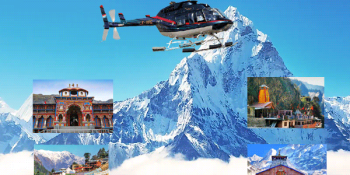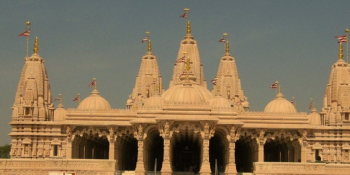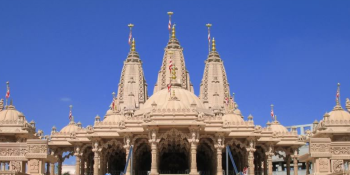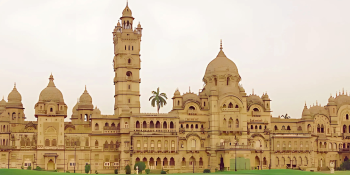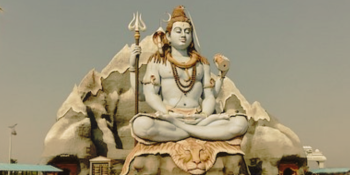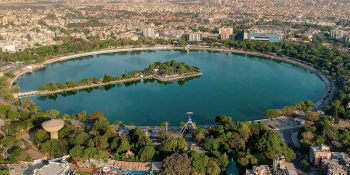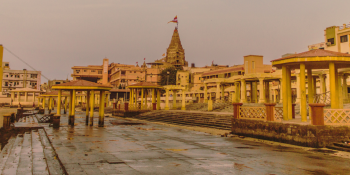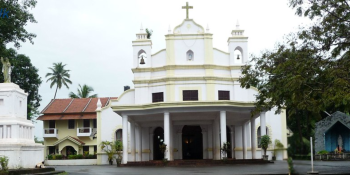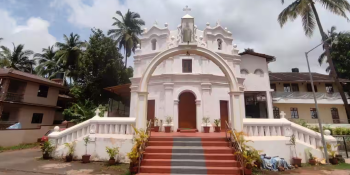Guwahati: The Gateway to Northeast India
Guwahati, also known as Gauhati, is a vibrant city nestled in the northeastern region of India. It serves as the gateway to the enchanting landscapes, diverse cultures, and rich heritage of the seven sister states of the Northeast. With its strategic location on the banks of the mighty Brahmaputra River and its proximity to the hills of Meghalaya and the tea estates of Assam, Guwahati offers a unique blend of natural beauty, historical significance, and cultural diversity.
Historically, Guwahati has been an important center of trade, commerce, and culture. It was the capital of the ancient Kamrupa kingdom and has witnessed the rise and fall of various dynasties over the centuries. Today, it stands as the largest city in the region and a bustling urban hub. The city has undergone rapid development in recent years, with modern infrastructure, educational institutions, shopping malls, and entertainment centers mushrooming across its landscape.
One of the most iconic landmarks in Guwahati is the Kamakhya Temple, situated atop the Nilachal Hill. Dedicated to the goddess Kamakhya, it is one of the holiest pilgrimage sites in Hinduism. The temple attracts thousands of devotees from across the country, especially during the Ambubachi Mela, a major religious festival. The sprawling temple complex showcases intricate architecture and offers breathtaking panoramic views of the city.
Guwahati is also known for its lush greenery and natural beauty. The Brahmaputra River, which flows majestically through the city, adds to its charm. A boat ride on the river provides a mesmerizing experience, allowing visitors to witness the picturesque surroundings and catch glimpses of the rare river dolphins. The Umananda Island, located in the middle of the Brahmaputra, is another popular attraction. It houses the Umananda Temple, dedicated to Lord Shiva, and offers a tranquil escape from the bustling city life.
For wildlife enthusiasts, Guwahati serves as a gateway to several national parks and wildlife sanctuaries. The Kaziranga National Park, a UNESCO World Heritage Site, is renowned for its population of the endangered one-horned rhinoceros. Manas National Park, another UNESCO World Heritage Site, is home to tigers, elephants, and a wide variety of bird species. These parks provide a unique opportunity to explore the region’s rich biodiversity and immerse oneself in nature.
The cultural diversity of Guwahati is reflected in its festivals and traditions. Bihu, the most important festival in Assam, is celebrated with great enthusiasm and vigor. It marks the onset of the agricultural season and is accompanied by traditional music, dance, and feasting. The city also hosts the Brahmaputra Valley Film Festival, showcasing the vibrant cinema of the region and providing a platform for local filmmakers and artists to showcase their talent.
Cuisine in Guwahati is a gastronomic delight. Assamese cuisine, known for its simplicity and use of fresh ingredients, offers a unique culinary experience. Traditional delicacies like “tenga” (sour fish curry), “pitha” (rice cakes), and “masor tenga” (sour fish soup) tantalize the taste buds. The city also offers a wide range of options for food lovers, with restaurants serving cuisines from across the country and the world.
In conclusion, Guwahati, the gateway to Northeast India, is a city that seamlessly blends tradition and modernity. Its rich history, natural beauty, cultural diversity, and delectable cuisine make it a must-visit destination. Whether you are exploring the ancient temples, cruising along the Brahmaputra, or immersing yourself in the wilderness of
